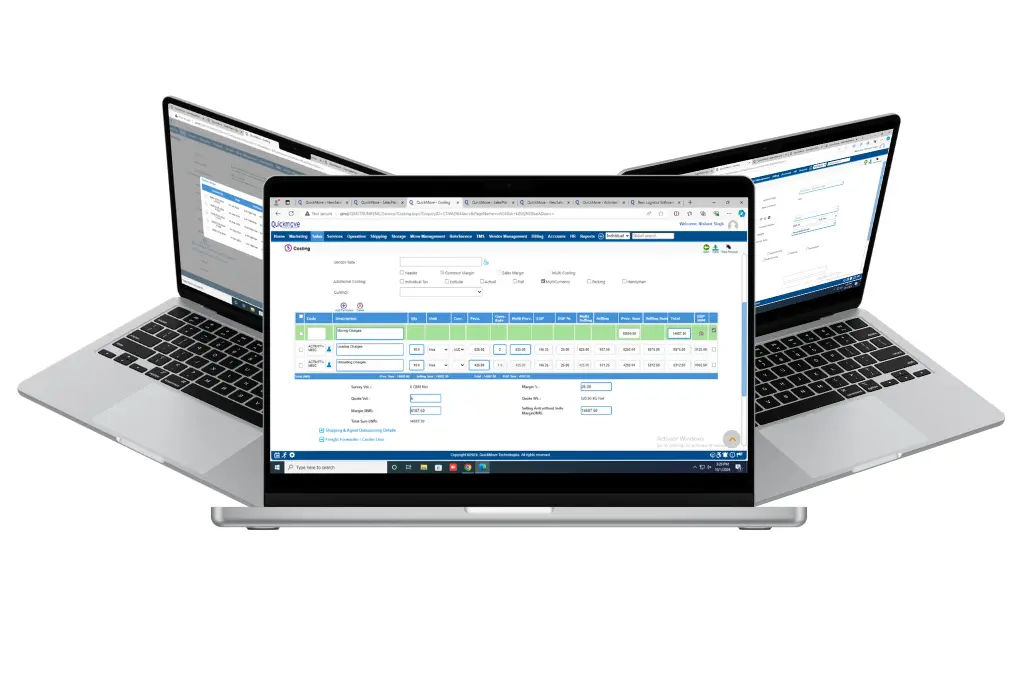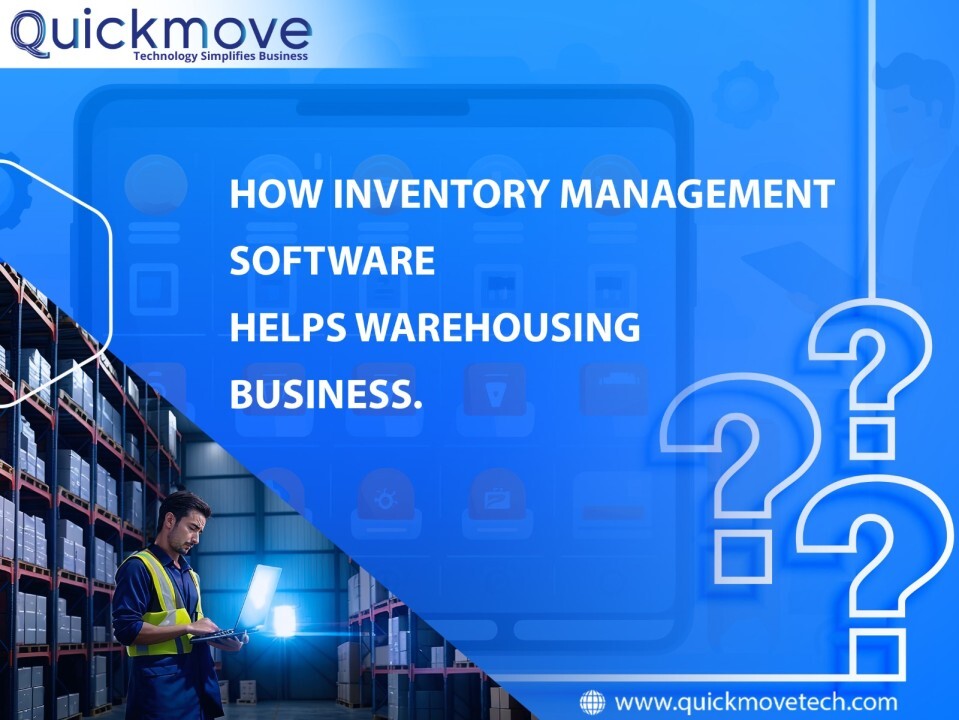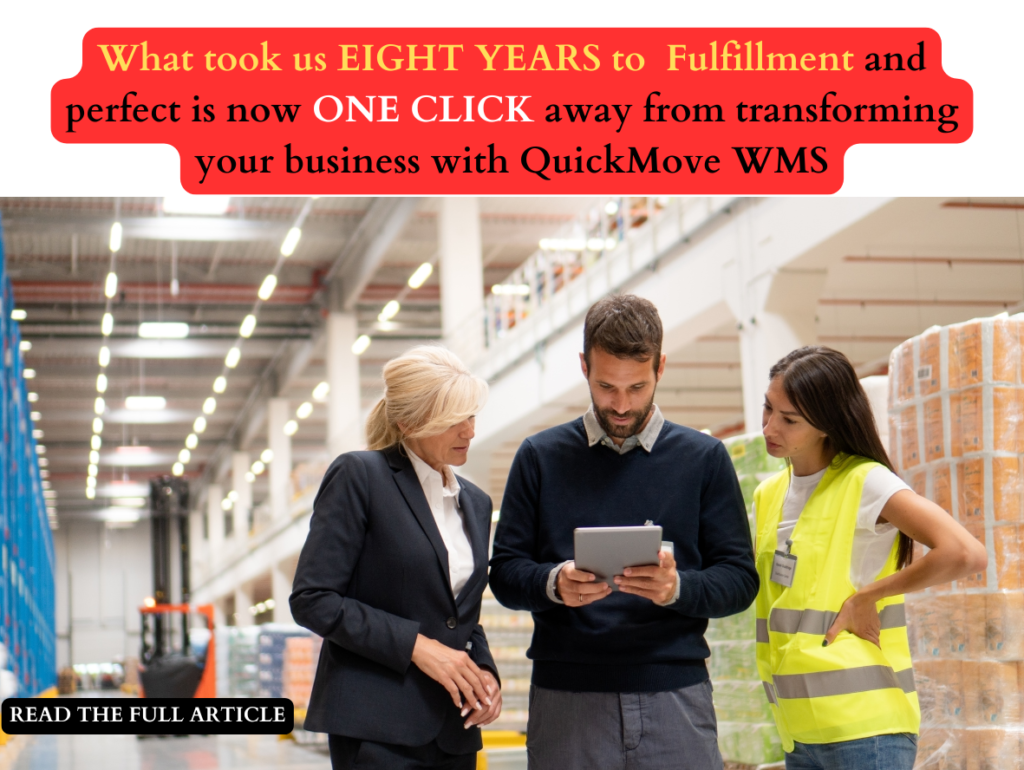Choosing the right Warehouse Management System (WMS) is critical for businesses aiming to optimize their warehouse operations and enhance overall efficiency. With a variety of options available, it’s important to select a WMS that aligns with your company’s unique needs, goals, and growth potential. This blog will walk you through key factors to consider when choosing the right WMS for your business. .
1. Understand Your Business Needs
Before diving into WMS features, assess your current warehouse operations and pain points. Do you struggle with inventory accuracy? Are order fulfillment times too long? Are manual processes creating inefficiencies? By identifying these issues, you can create a list of must-have features that your WMSshouldaddress. Key areas to focus on include:
i.Inventory management
ii.Order tracking and fulfillment
iii.Integration with existing systems (ERP, CRM, etc.)
iv.Automation capabilities
2. Scalability and Flexibility
As your business grows, so will your warehouse operations. A WMS should be scalable, capable of handling increasing inventory volumes and order complexity without a significant overhaul. Consider a system that can accommodate additional warehouses, new products, and expanded distribution channels. Flexibility is also essential—your WMS should adapt to changing business needs, whether it’s incorporating new technologies or integrating with future software upgrades.
3. Cloud-Based vs. On-Premise WMS
One of the first decisions you’ll need to make is whether to choose a cloud-based or on-premise WMS. Each option comes with its pros and cons:
*Cloud-Based WMS: Ideal for businesses seeking scalability and flexibility. It requires minimal hardware, offers easy updates, and can be accessed from anywhere with an internet connection. Additionally, cloud-based solutions typically come with lower upfront costs.
*On-Premise WMS: Provides more control over the system and its security. However, it comes with higher upfront costs for hardware and infrastructure. It may be a better option for companies with stringent data security requirements or those with limited internet access.
4. Integration Capabilities
Your WMS will need to integrate seamlessly with other systems such as your ERP, TMS (Transport Management System), or CRM software. Ensure that the Warehouse Management System (WMS) you choose can connect with your existing software for smooth data flow and operational efficiency. A system with strong integration capabilities can automate data sharing between systems, reducing errors and saving time.
5. User-Friendly Interface
Your team will be using the WMS daily, so it’s essential that the software is user-friendly. An intuitive interface with easy-to-navigate dashboards can significantly reduce training time and improve employee productivity. Look for a system that offers customizable views, simple reporting, and straightforward workflows that align with your current operations.
6. Automation and Advanced Features
Automation is a key driver of warehouse efficiency. Ensure that the WMS you choose offers automation features like barcode scanning, real-time inventory tracking, and automated replenishment. Other advanced features to consider include:
- AI and Machine Learning: Helps with demand forecasting, optimizing stock levels, and reducing overstock or stockouts.
- Mobile Access: Allows warehouse staff to access the system on handheld devices for quicker data entry and real-time updates.
- Reporting and Analytics: Offers insights into performance metrics such as inventory turnover, order accuracy, and labor efficiency.
7. Vendor Reputation and Support
Choosing a reliable Warehouse Management System (WMS) provider is just as important as the software itself. Look for vendors with a proven track record in your industry, positive customer reviews, and excellent customer support. It’s also worth considering whether the vendor provides ongoing support, training, and system updates as your business grows.
8. Cost and ROI
WMS software is a significant investment, but it’s important to consider the long-term benefits it will bring in terms of efficiency and cost savings. Look for a solution that offers a good balance between price and functionality. Assess the total cost of ownership, including setup, licensing, and ongoing support fees. Don’t forget to consider the potential return on investment (ROI) by estimating how much the WMS will save you in reduced errors, faster order processing, and lower labor costs.
Conclusion
Selecting the right WMS for your business requires careful consideration of your specific needs, the system’s scalability, ease of integration, and advanced features. Take the time to evaluate different options, request demos, and consult with stakeholders before making a final decision. A well-chosen WMS will not only improve your warehouse operations but also set your business up for long-term success.
By focusing on the key factors outlined in this blog, you’ll be well on your way to finding a Warehouse Management System (WMS) solution that enhances efficiency, boosts productivity, and supports the growth of your business.
 Email Us
Email Us

 Freight Forwarding Software
Freight Forwarding Software Moving/Removal Software
Moving/Removal Software Warehouse Management System
Warehouse Management System Transport Management System
Transport Management System Customer Service Portal
Customer Service Portal Move Survey Quote Pro
Move Survey Quote Pro Digital Logistics Inventory App
Digital Logistics Inventory App

